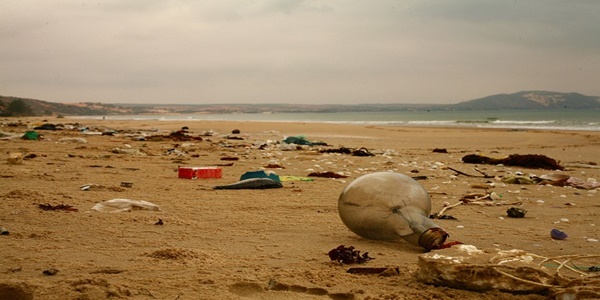
According to reliable reports, the United Nations intergovernmental negotiating committee is planning to meet next week in Uruguay to create a globally binding instrument legally on plastic pollution.
Apparently, the concerns among scientists are rising as the negotiations will disregard the diversity and complications of chemicals in plastics.
As per an article published in Environmental Science & Technology Letters, this would massively undermine the treaty’s effectiveness.
Not to mention, plastics are complex materials. Subsequently, a recent study has stated that over 10,000 chemical substances are used in plastic production, resulting in the generation of plastic containing various chemical substances.
A general lack of coordination among manufacturers has led to plastics from different manufacturers frequently having different chemical compositions for the same applications, even though many of these chemicals may have the same function.
Eventually, such diversity and complexity of plastic formulations come in line with several opposing challenges and impacts.
Among them, the fear regarding the unfavorable impacts on the ecosystem and human health of some chemicals in plastics has been raised increasingly by scientists and civil society organizations.
However, this is not it. The equally important issue which has been often overlooked is the diversity of chemicals in plastics offering severe challenges to the envisioned and current technological solutions to plastic pollution.
Speaking on the latest development, Dr. Zhanyun Wang, a Scientist at Empa-Swiss Federal Laboratories for Materials Science and Technology, stated that using different chemicals in different plastic products makes other waste streams incompatible.
Dr. Wang added that this incompatibility alleviates the quality of recycling products, results in down-cycling, and leads to toxic waste that needs extra safe handling measures.
However, on the flip side, there is always space for optimism for innovative global solutions to combat plastic pollution.
The authors have urged business leaders and policymakers to use the unique opportunity offered by the plastic treaty negotiations to collaborate and redesign plastics.
By identifying a joint group of specific chemical additives that perform specific essential functions, formulations for plastic can be made simpler and more uniform.
Source credit - https://phys.org/news/2022-11-scientists-chemicals-undercut-global-plastics.html




